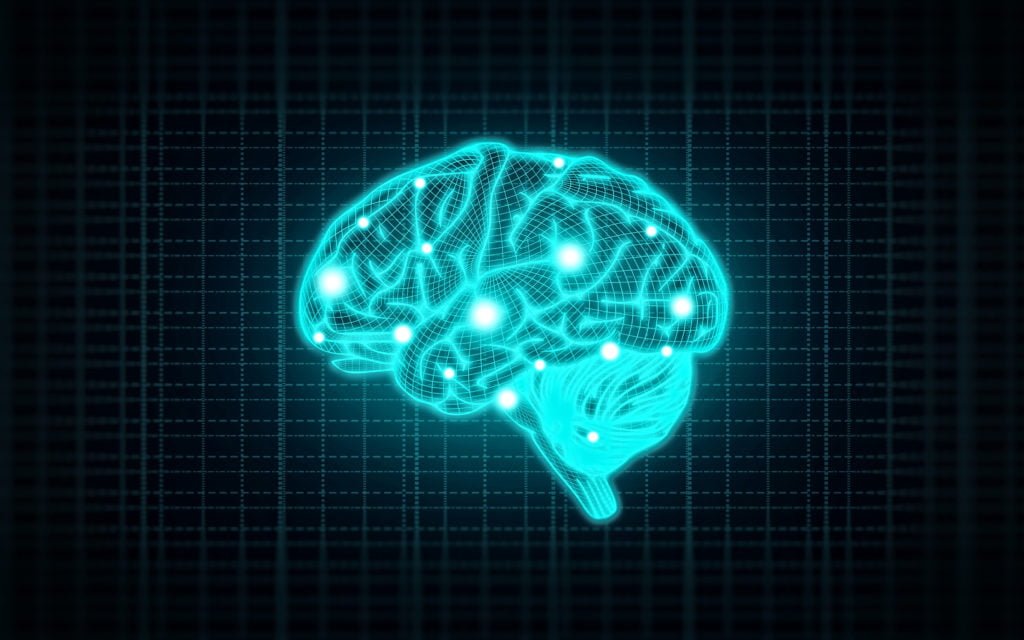
Adlerian Psychology is underpinned by a humanistic, positive, and social activism psychology with a focus on strengths. Adlerians accept the resourcefulness and Wholeness of every person. We believe people are embedded in a world of relationships where meaningful social connections are viewed as a vital human need (Alfred Adler). Suffering is not viewed as a personal deficit but part of lived experiences of marginality. Clients are acknowledged, supported, and encouraged to address their current situations and challenges by generating solutions that work for them.
Positive Intelligence is an evidence-based approach to coaching that is aimed at improving the percentage of time our mind is serving us rather than sabotaging us. By strengthening our Mental Fitness and improving our Positive Intelligence Quotient (PQ), we build the capacity to handle the challenges of life with a positive mindset rather than a negative mindset. In doing so we cultivate new mindsets and increase emotional intelligence so that we can achieve more of our untapped wisdom and potential. The tools and techniques of Positive Intelligence integrate practices in Neuroscience, Positive Psychology and Mindfulness. (Shirzad Chamine)
Mindfulness enhances present-moment awareness, increases self-compassion and loving kindness, and enhances our ability to self-regulate. It involves making conscious choices that can have a positive effect in our personal lives, our communities, organizations and society. However, trauma is both prevalent and political, and systems of oppression and daily microaggressions increase the likelihood of experiencing trauma over the course of our lives. Trauma-sensitive mindfulness works to regulate the nervous system, integrates mind and body systems, and has been scientifically proven to reduce stress, enhance the immune system, improve focus and attention, empathy, and creativity. (David Treleaven, Trauma-Sensitive Mindfulness; Dan Siegel, Mindsight)
Neuroscience studies how the brain works. Our primitive brain is hardwired to perceive threats and react to danger. The most recently evolved part of our brain, the pre-frontal cortex, gives us the capacity to experience empathy and connection to others. By cultivating mental fitness and mindfulness, our attention of self-awareness deepens as we become aware of our inner critics/saboteurs and limiting beliefs. Through coaching, we begin to see the possibilities for personal change by eliciting empowering beliefs, imagining desired realities, re-writing our stories, and cultivating new habits and mindsets. This process creates new neural circuits or pathways in the brain to promote personal change and well-being. (Tara Brach, Radical Compassion)